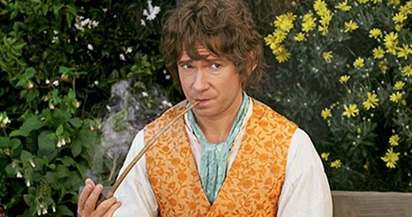|
|
The Twelve Days of Box Office: RequiemBy David MumpowerJanuary 23, 2013
Looking at the situation from a different perspective, Skyfall’s take for days eight through 24 was (again) $125.8 million against a first week tally of $119.8 million. So the amounts are similar with only a $6 million (i.e. 5%) difference. The Hobbit’s situation is dramatically different. It was less popular at the start with $113.2 million then spiked with an increase of $37.5 million after the first week. Its days eight through 24 represent a 33% increase from the first seven. This notable skew is late December box office inflation in action. Movies in release all receive this artificial boost in appeal as consumers have the ample free time to catch a flick. There will be a second part to this analysis in a few days that will include more titles. Before then, I want to examine the Skyfall/The Hobbit comparison from one other angle to demonstrate the impact of the skew for the Twelve Days of Box Office. The key aspect is again weekly performance. This time, I will not lump in the totals. Skyfall’s totals for its first six weeks in theaters are as follows. We already know about the $119.8 million in week one. The total for week two is $65.8 million, and this amount includes the Thanksgiving inflation. Even with that boost, there is still a 45% drop during the second full week. In week three, Skyfall declined 34% to $43.4 million. The cause for this is the Thanksgiving weekend skew.
|

|
|
|

|
Friday, April 26, 2024
© 2024 Box Office Prophets, a division of One Of Us, Inc.


